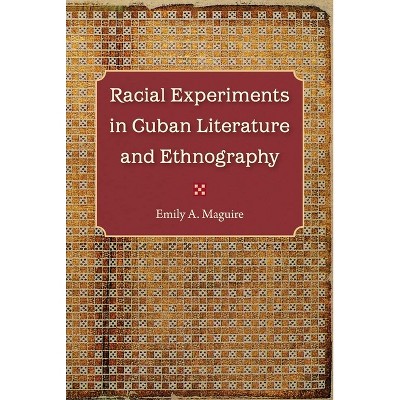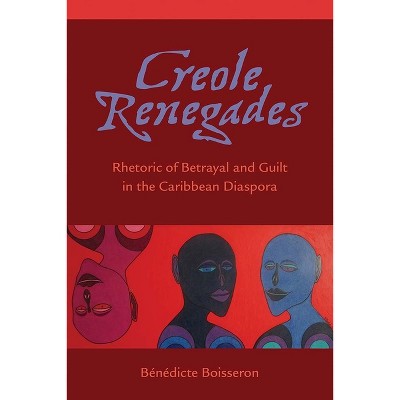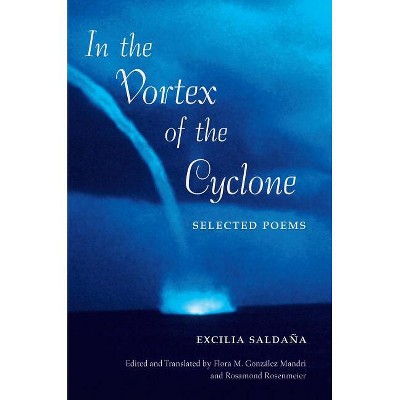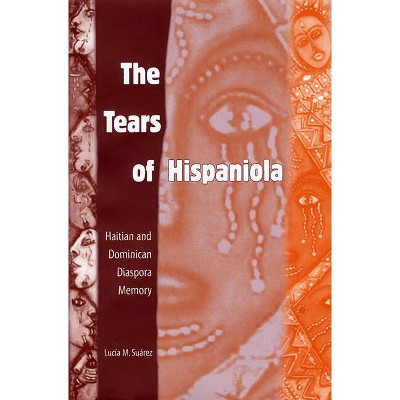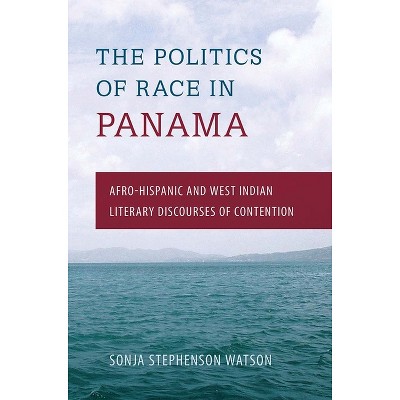About this item
Highlights
- "Provides an insightful look at the persistent power of masculinism in Dominican post-dictatorship politics and literature.
- About the Author: Maja Horn is associate professor of Spanish and Latin American cultures at Barnard College.
- 220 Pages
- Literary Criticism, Caribbean & Latin American
Description
Book Synopsis
"Provides an insightful look at the persistent power of masculinism in Dominican post-dictatorship politics and literature."--Ignacio López-Calvo, author of God and Trujillo
"The ideas about masculinization of power developed by Horn are important not only to Dominican scholarship but also to Caribbean and other Latin American students of the intersection of history, political power, and gendered practices and discourses."--Emilio Bejel, author of Gay Cuban Nation
Any observer of Dominican political and literary discourse will quickly notice how certain notions of hyper-masculinity permeate the culture. Many critics will attribute this to an outgrowth of "traditional" Latin American patriarchal culture. Masculinity after Trujillo demonstrates why they are mistaken.
In this extraordinary work, Maja Horn argues that this common Dominican attitude became ingrained during the dictatorship (1930-61) of Rafael Leonidas Trujillo, as well as through the U.S. military occupation that preceded it. Where previous studies have focused mainly on Spanish colonialism and the controversial sharing of the island with Haiti, Horn emphasizes the underexamined and lasting influence of U.S. imperialism and how it prepared the terrain for Trujillo's hyperbolic language of masculinity. She also demonstrates how later attempts to emasculate the image of Trujillo often reproduced the same masculinist ideology popularized by his government.
A volume in the series Latin American and Caribbean Arts and Culture, funded by the Andrew W. Mellon Foundation
Review Quotes
"A well-researched and rigorously historicized contribution to the field of Dominican cultural studies, moving elegantly between cultural and literary analyses."--Modern Language Review "A milestone in Dominican Studies, Latin American Studies, and beyond. . . . Gives us revealing insights into gender politics in Dominican society and literature."--New West Indian Guide "A novel and thoughtful analysis of the sexual gender relations and the construction of masculinity in contemporary Dominican culture."--The Americas
"An outstanding and necessary book, with a brilliant cultural, historical, and political contextualization of the literature examined. Masculinity after Trujillo covers important lacunae in previous scholarship on Dominican post-dictatorship literature."--Revista de Estudios Hispánicos
"A highly persuasive challenge to established critical currents concerning the major tenets of masculinity under the dictatorship, the terms in which it might be understood, the complexity of the semiotic practices which sustained it, and the intricate rhetorical legacies which it has spawned."--Caribbean Quarterly
"Asserts that Trujillo-style manhood permeates Dominican culture and politics, preventing the country from making progress toward equitable gender relations."--Hispanic American Historical Review
"Engaging and well researched . . . deepens our knowledge of contemporary gender attitudes in the Dominican Republic as well as of the linkages between discourses of masculinity, political power, and Dominican literary production."--Latin Americanist
About the Author
Maja Horn is associate professor of Spanish and Latin American cultures at Barnard College.







